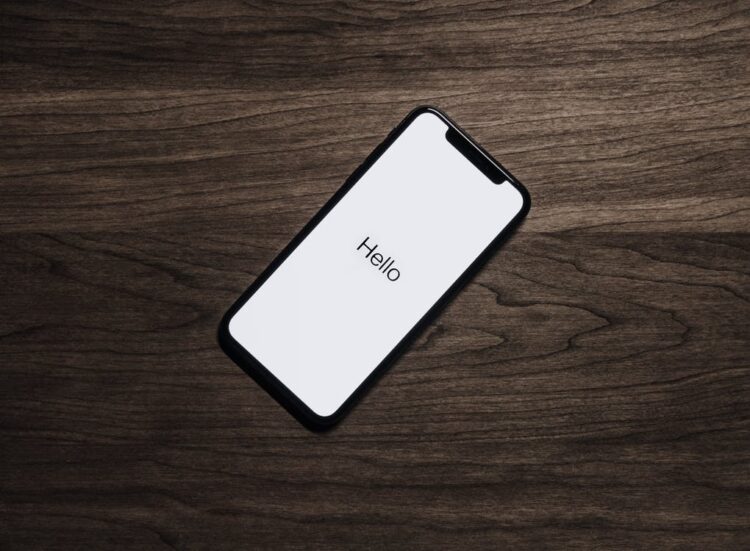With their irreplaceable roles in our daily lives, mobile phones have become our fifth limb. In this technology-fueled era, from online-shopping, work calls, video conferencing, ordering food, sharing files, getting directions, or communicating with friends, you are just a click away from getting all these. After spending a substantial part of your income, you would not want your smartphone to lag in any department.
Here are the top things you need to consider before buying a new smartphone:
Table of Contents
1. Memory
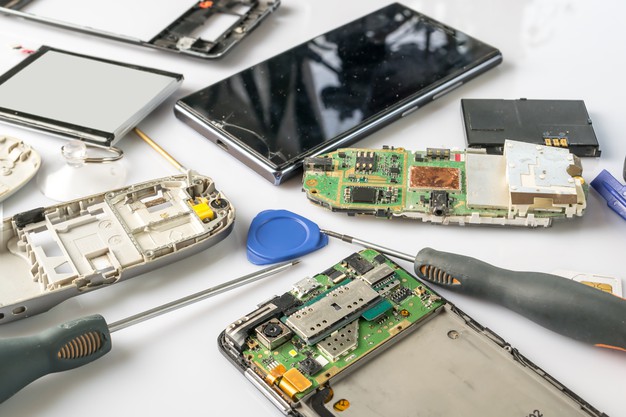
Source: freepik.com
The memory of a smartphone comprises RAM and ROM.
RAM stands for Random Access Memory. It provides more effortless and speedy performance and enables you to use multiple applications simultaneously. If you have less RAM, the phone tends to slow down or hang. For a moderate user, 2GB would be sufficient, but if you are a hardcore gamer, look for a phone with a minimum of 4GB RAM.
ROM refers to Read-Only Memory, commonly referred to as internal storage. It is the space where you store your applications, photos, audio, and video files. Don’t fall for the ROM mentioned on your phone, as the operating system and pre-installed apps take up a considerable amount of the ROM. You are left with much less amount of storage. 8GB to 16GB would be good enough for a light to moderate user. If you play heavy games, work on your phone a lot, and have large files, consider a 32-64 GB ROM. Look for phones which support expandable storage on microSD cards as well.
2. Software
Android and iOS are the two software, both having their sizable pros and cons. While Android is more customizable and budget-friendly, iOS, present in Apple phones, comes at a very high price.
3. Processor
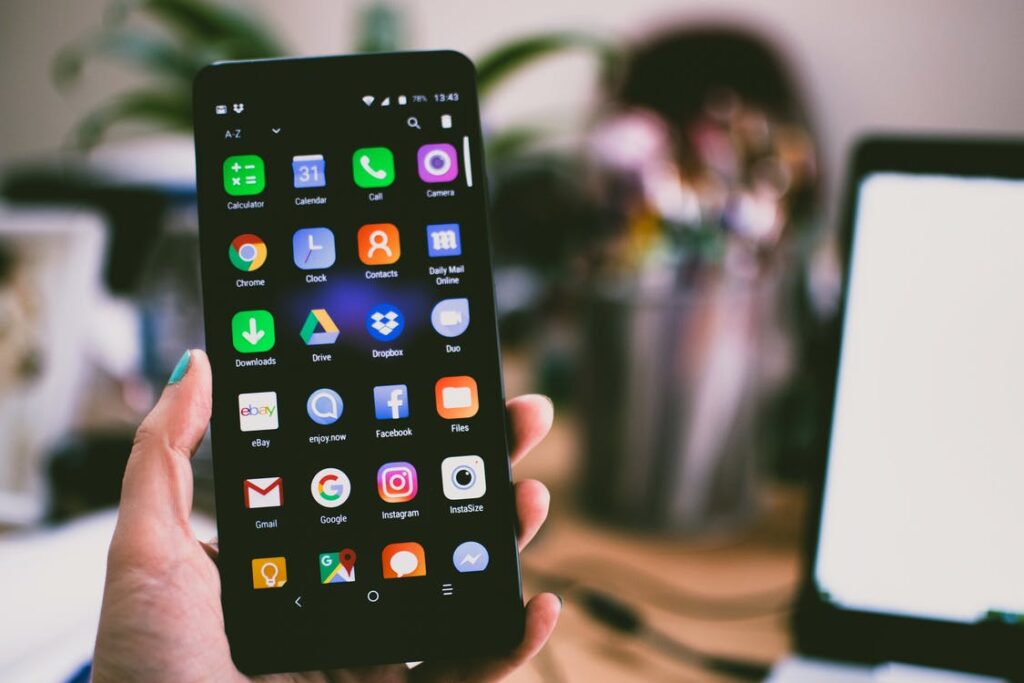
Source: pexels.com
The processor or the chipset is the brain of your smartphone. It receives your commands, does calculations, and controls every single function in your phone. The number of cores and Clock speed are what determine How capable your processor is. Multiple cores like Dual, Quad, Hexa, and Octa ensure work distribution while using a smartphone.
Clock speed controls how many instructions the processor can execute per second. A processor with a 1-Gigahertz (GHz) clock speed can process 1 billion instructions per second. So, the higher the clock or processing speed, the more powerful your processor is.
Processors ranked in order of their performance are Octa-Core < Exynos < Snapdragon < Qualcomm < MediaTek Helio.
4. Brand
The brand is an important aspect to be considered. There are some great, reliable brands to choose from, for more details, you can check TopRanked. Some brands make low budget phones with power-packed features, while some like apple and one plus are known for making higher-end mobile phones. People also have preferences for individual countries based brands like America, China, India, etc.
5. Battery
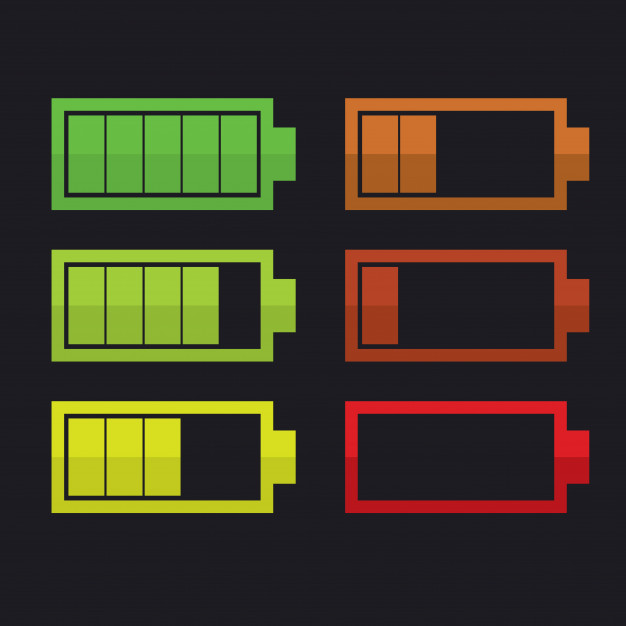
Source: freepik.com
The battery is, hands down, one of the essential features to look for in a smartphone. Internet usage, gaming, video streaming drains the battery faster. We suggest a phone with at least 4000 mah battery and fast charge support and a longer standby time.
6. Camera
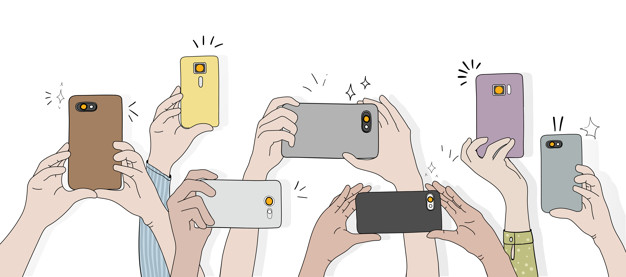
Source: freepik.com
The camera is one of the first things we notice in a smartphone. Most people jump to the final decision just by seeing the megapixels of a camera. Higher megapixels don’t account for better pictures. They just ensure the bigger size of images, which look sharp and clear when seen on a small screen.
A camera with lesser megapixels but larger sensors and lenses will capture better images. Some of the equally or even more essential features to consider in your phone’s camera are:
- ISO levels that determine the sensitivity of camera sensors.
- Autofocus
- The aperture indicates how much light the lens lets in. Lower apertures guarantee quick shots in low light conditions too.
- Multiple cameras refer to the camera’s total number of lenses that provide advantages in portrait and wide-angle photos.
- Various shooting modes like slow motion, panoramic.
- Low light selfies
- Zoom features.
7. Display
The screen size of your phone and display features are significant as they are one of the first things you interact with while using a smartphone, especially for those who spend a lot of time grazing their smartphones, watching videos, reading e-books, etc. The screen size of 5 to 5.5 inches with HD or QHD display is more than sufficient as phones with more than 6 inches display tend to be bulky and uncomfortable. They also prohibit one-hand operation.
Advanced versions of LCDs like TFT-LCD, IPS-LCD are commonly found in phones. They are pocket friendly, but they consume more battery. OLED or AMOLED display is suggested for better color reproduction, wider view angles, faster response time, and less battery usage.
Resolution refers to the number of pixels on display and is responsible for more clarity, details, and a vivid vision. HD, Full HD or FHD, 4Kor Quad HD or QHD, Ultra HD, or UHD are different resolution types.
8. Safety and Security

Source: pexels.com
Safety and security is a top concern these days. Look at the build finishes of the phone. Metal or plastic builds are more reliable than phones with glass finishes. They can sustain the fall from 2 or 3 feet, whereas Glass ones are going to shatter. Gorilla Glass, nowadays highly in trend, is exceptionally resistant to scratches and damages. Fingerprint and Iris sensors are top-notch features for ensuring the safety of your private data.
9. Speakers
Speakers are one feature that is generally overlooked. Front-facing speakers have the upper hand over the Bottom-facing or back-facing speakers. Front-facing phones ensure clear sound even when the phone is kept in landscape position.
10. Audio Jack
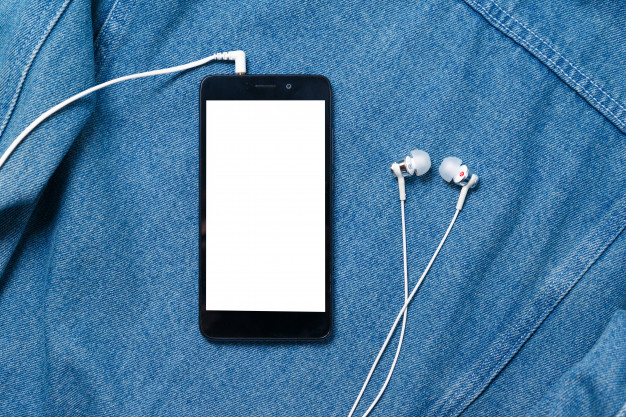
Source: pexels.com
Jack for earphones might be an essential feature if you prefer wired earphones over Bluetooth or completely wireless ones. Higher-end phones like One Plus Nord have entirely ditched the headphone jack. It might be their strategy of forcing you to purchase wireless earbuds.
Final Words
You can’t change your phone frequently. So, make it a deal done wisely. Take your time, research properly, and then decide. Don’t go overboard with your budget, as you are very likely to change your phone after a few years, properly working or not!

